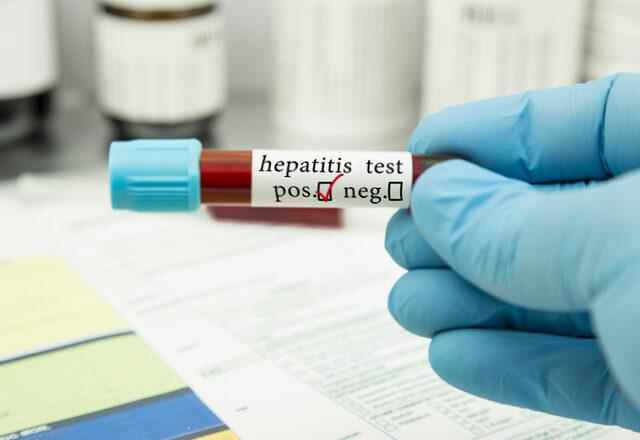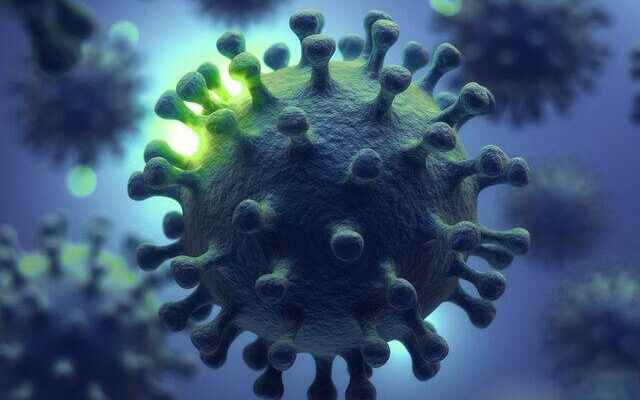Mysterious hepatitis cases that emerged in England spread rapidly and began to be seen in 12 more countries. One child died due to mysterious hepatitis in children, 10 children received liver transplants. The serious consequences of the mysterious hepatitis seen in 169 children caused fear and anxiety in parents. The British Health Safety Authority announced that the F41 strain of adenovirus is the prime suspect.
IN WHICH COUNTRIES IS MYSTERIOUS HEPATITIS SEEN?
Health officials said there is growing evidence that a common virus is linked to rare cases of hepatitis in some young children. There were 169 cases and one death worldwide. As of 21 April 2022, at least 169 cases of acute hepatitis of unknown origin have been reported from 11 countries in the WHO European Region and one country in the WHO Americas Region. Of these, 114 are in the UK, 13 in Spain, 12 in Israel, 9 in the USA, 6 in Denmark, less than 5 in Ireland, 4 in the Netherlands. also, 4 were recorded in Italy, 2 in Norway, 2 in France, one in Japan, one in Romania and one in Belgium. The hepatitis virus of uncertain cause was last detected in Canada.
ADENOVIRUS MOST POSSIBLE CAUSE OF DISEASE
Ten of the children who fell ill in England needed a liver transplant. The UK Health Safety Agency (UKHSA) reported that a strain of adenovirus called F41 appears to be the most likely cause behind the disease.
SYMPTOMS ARE DIRARRATIVE AND NAUSEA

Ten of the children who fell ill in England needed a liver transplant. The UK Health Safety Agency (UKHSA) reported that a strain of adenovirus called F41 appears to be the most likely cause behind the disease. Director of clinical infections at UKHSA, Dr. “Information gathered through our research is increasingly showing that this increase in sudden-onset hepatitis in children is linked to adenovirus infection. However, we are exploring other possible causes extensively,” explained Meera Chand.
LIVER INFLAMMATIONS CAUSES SERIOUS CONSEQUENCES

Experts stated that cases of liver inflammation, known as hepatitis, are extremely rare, but they can have very serious consequences. Scientists and clinicians reported that they were investigating whether there was a change in the genetic structure of the virus that could trigger liver inflammation more easily.
PANDEMIC CLOSURES CAUSED BY MYSTERIOUS HEPATITIS?
On the other hand, another possible explanation for the sudden global hepatitis epidemic is that the restrictions imposed during the Covid-19 pandemic may have resulted in young children being first exposed to adenovirus at a slightly later point in their lives. It also elicits a “stronger” immune response in some.
ADENOVIRUS CASE RETURN WITH A BIG RISE

Professor of infectious diseases at the University of Liverpool. Dr. “Adenovirus almost disappeared as people drifted apart during the Covid-19 pandemic. Now, adenovirus cases are returning with a huge spike,” said Calum Semple. On the other hand, Semple added that other hypotheses are being explored, including whether a recent Covid-19 infection, along with adenovirus, could be a trigger for liver problems.
IS THE MYSTERIOUS HEPATITIS DISEASE RELATED TO COVID-19 VACCINES?

In addition to all these, it was emphasized that hepatitis cases in children were not related to Covid-19 vaccines. It was reported that none of the pediatric hepatitis cases detected in the UK countries were vaccinated against Covid-19.
CHILDREN WITH INFECTION SYMPTOMS SHOULD STAY AT HOME 48 HOURS
Finally, scientists reassured families that cases of sudden-onset hepatitis are rare. However, it was stated that children experiencing symptoms of gastrointestinal infections, including vomiting and diarrhea, should stay at home and not return to school or daycare until 48 hours after the symptoms have stopped.
WHAT ARE THE SYMPTOMS OF MYSTERIOUS HEPATITIS?

It was requested to check the children for the following symptoms and to apply to a health institution if their presence is detected:
- Feeling unusually tired all the time
- Loss of appetite,
- Stomach ache,
- yellowing of the eyes or the whites of the skin (jaundice),
- dark urine,
- Pale, gray stools (poop)
- itchy skin,
- Muscle and joint pains,
- High fever.
